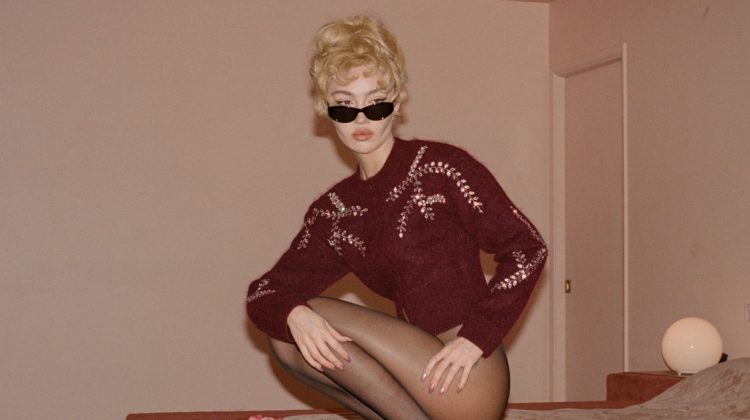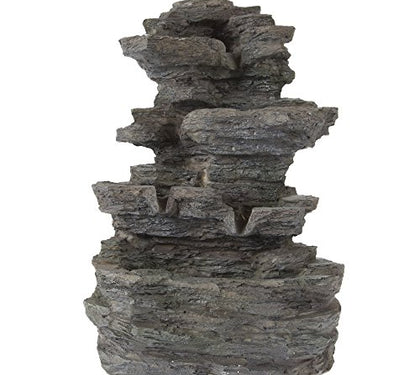“How
to survive an American horror story: Don’t be black.”
Such was the powerful opening line
of a slam poem by Alyesha Wise and Matthew Cuban, two members of a nationally-acclaimed
slam poetry team from L.A.’s Da Poetry Lounge.
Entitled “How to Survive
an American Horror Story,” the poem focused on the prejudice and discrimination that
people of color experience in the United States, presented through the lens of
racist horror films. As they spoke about the all-too predictable deaths of
tropes and stock characters, they reminded the audience of real-life horrors
like the murders of Eric Garner, Trayvon Martin, Michael Brown and many other citizens of color.
The slam poetry team were the
featured guests at Art After Hours: Open Mic with a Mic and Dim Lights +
Afrofuturism Feb. 26. at the Pomona College Museum of Art. Members
of the Southern California community shared poetry about a diverse range of
topics following a quilt exhibition, “American Spring: A
Cause for Justice” in Bridges Auditorium.
David Romero, a Mexican-American
spoken word artist from Diamond Bar, California, began the night with a poem about a
proverbial wrestling match. He illustrated his scene by tying together history
with the present reality.
“In this corner,” he began, “Black,
African-American by way of West Africa, trans-Atlantic slave trade from
American plantations to private prisons … the inner city smoldering, no way out
but sports, conditioning, fists flying.” He paused to introduce the other
member of the ring: “Brown, Chicano by way of New Spain, Aztec Empire … no way
out but sports, conditioning, fists flying. They fight.”
Iris Liu CM ’16 shared a poem about being the
daughter of Chinese immigrants and her experiences with racism, such as being
asked if she had ‘tiger parents,’ or having to explain her ‘Ching-Chong eyes.’
“I grew up in Chinatown, surrounded
by people like me,” she read. “When I moved to the suburbs, I was too young to
realize it wasn’t actually the suburbs—I was just surrounded by white people.
I learned this when I actually moved
to the suburbs.”
Liu expressed pride in her heritage, remarking that she would happily correct a racist statement in order
to show them how far her parents had come to provide her with a better life.
Next came the members of Da Poetry Lounge’s slam team: Alyesha Wise, Terisa Siagatonu,
Matthew Cuban, Yesika Salgado and Carrie Rudzinski. Their poetry covered
topics like racism, abusive relationships and treatment of the female body.
While all the performers aim to focus on
their poems as art in and of themselves, Wise and Cuban also work at a juvenile detention center in
Lancaster, where they hope to inspire the youth with poetry.
Cuban wrote about this experience,
remarking how the center shares the name of the Challenger, the space shuttle
that tragically crashed in 1986.
“I remind my kids that they are not
a failed mission,” he read. “I tell them I love them, because they don’t hear
that.”
Wise noted after the show, “We’re
happy to be featured as a group. I was eleven when I started doing poetry, and
it’s great to feel like I’m part of a family.”
Wise added that they usually hold long brainstorming sessions to come up with material if they’re not inspired by anything directly.
Katiannah Moise PO ’18 was particularly inspired by the group and its efforts to improve dialogue within society. Moise had grown up in a community of women taught that expressing their gender could be either shamed or sexualized, making the expression of gender a ‘precarious’ topic.
“I thought they were amazing,” she
said. “The last poem about being precarious of your femininity really resonated
with me. I’m happy to be at Pomona and express my femininity in a safe
environment.”
And while poets produced powerful
messages, they reminded the audience that the fight is not over.
“Never be the one to say, ‘Finally,
thank God; it’s over,’” Wise and Cuban stated in the final line of “How to
Survive an American Horror Story.” “It will be at that moment you come to the
horrible conclusion that there is always a
sequel.”


























